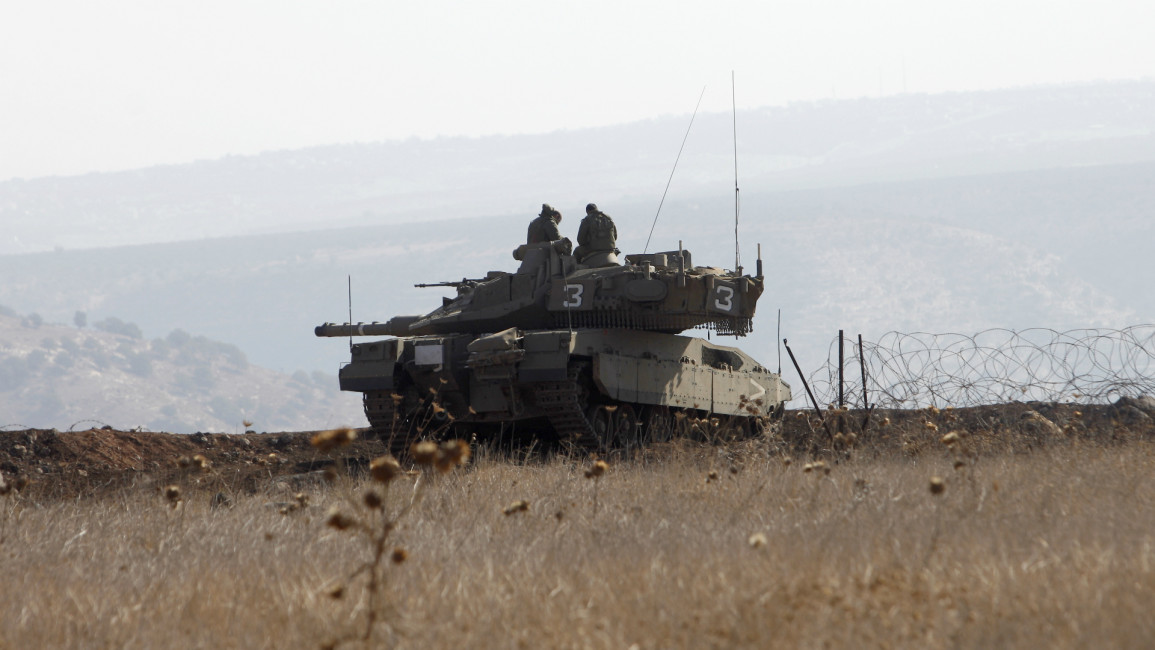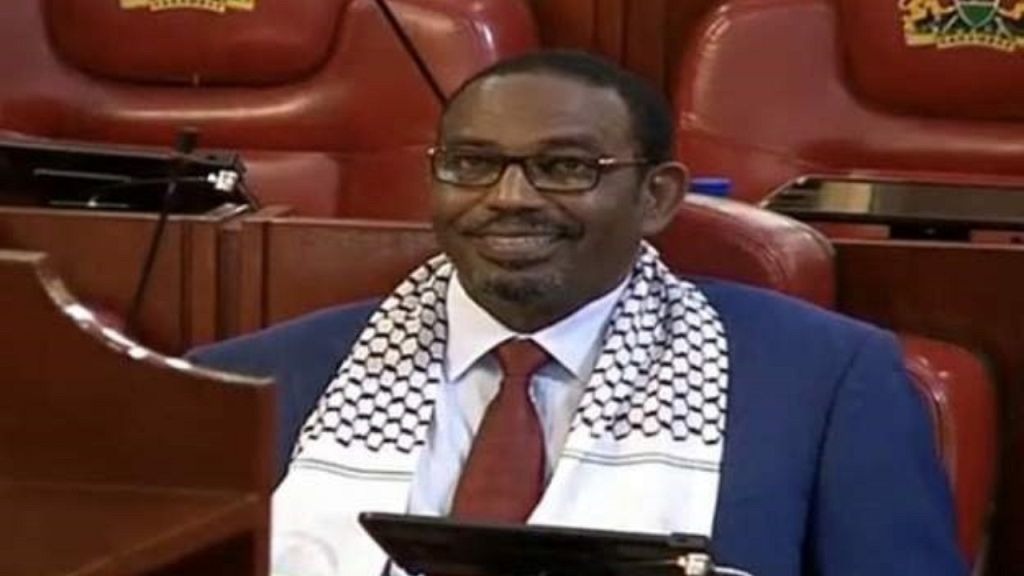In the face of increasing international pressure, including from key ally the United States, Israeli leaders affirmed on Wednesday their determination to press ahead with the ongoing Gaza Strip war, now in its third month. The conflict was sparked by the unprecedented October 7 attacks on Israel by Palestinian militant group Hamas, which Israeli officials claim resulted in the deaths of 1,200 individuals, predominantly civilians.
The war has inflicted severe devastation upon Gaza, leaving more than 18,600 people dead, with women and children constituting the majority of the casualties, according to the health ministry. Infrastructure, including roads, schools, and hospitals, has been decimated, and the scale of destruction has been described as “unparalleled.”
Despite the UN General Assembly’s recent overwhelming endorsement of a non-binding resolution calling for a ceasefire, Gaza has continued to witness fresh strikes and intense battles. Reportedly, the heaviest fighting has been concentrated in Gaza City, the largest urban center, as well as in Khan Yunis and Rafah in the south, according to correspondents from AFP.
The already dire situation has been compounded by wintery rains that have battered the territory. The UN estimates that out of Gaza’s 2.4 million population, 1.9 million people have been displaced, forced to live in makeshift tents as essential supplies such as food, drinking water, medicines, and fuel dwindle. Concerns about the spread of diseases, including meningitis, jaundice, and respiratory tract infections, have also intensified, as per the warning issued by the UN.
Ameen Edwan, a resident of Gaza, shared the harsh realities faced by the displaced population, recounting how rainwater seeped into their makeshift shelter at the Al-Aqsa Martyrs hospital. With a shortage of nylon covers, they resorted to using stones and sand to keep the water out, highlighting the desperate conditions faced by those affected.
The World Health Organization reported that only 107 humanitarian aid trucks entered Gaza from Egypt, a significant drop from the daily average of 500 before the events of October 7. This limited flow of aid exacerbates the challenges faced by the beleaguered population, further straining their access to essential resources.
As the conflict persists, the international community grapples with finding a resolution to the longstanding crisis. The determination of Israeli leaders to continue with the war in the face of mounting international pressure further underscores the complexity and gravity of the situation, leaving the people of Gaza in a state of uncertainty and anguish.





